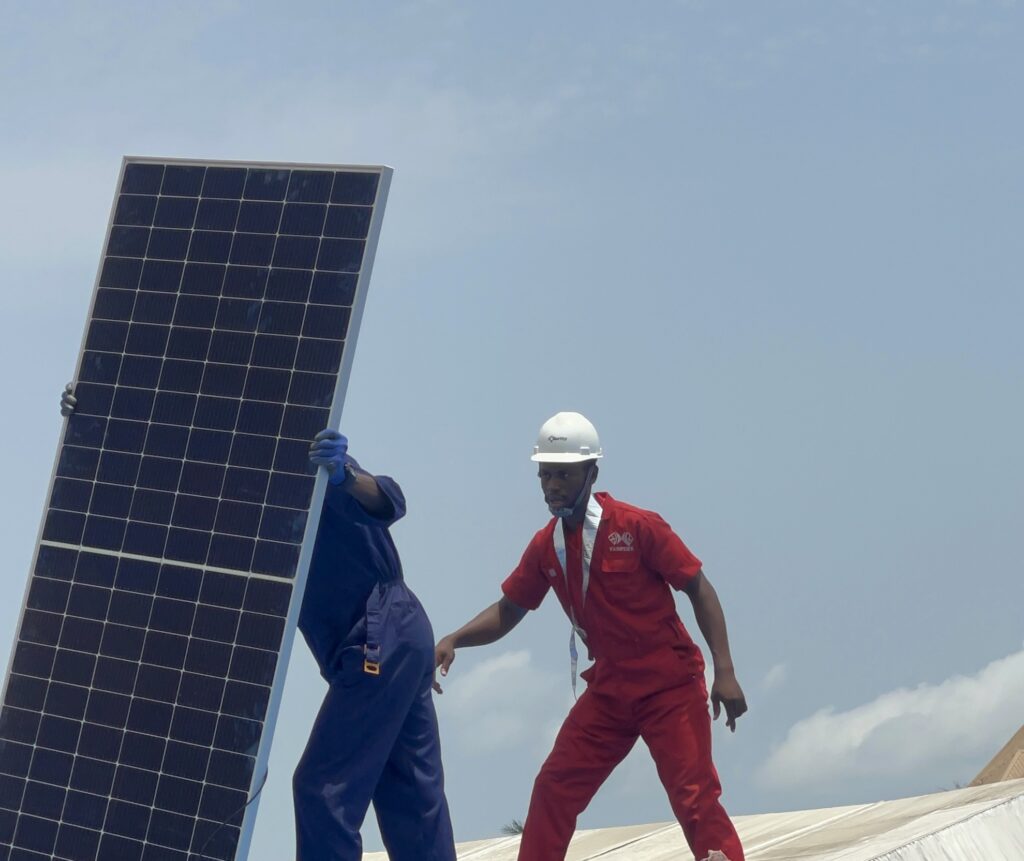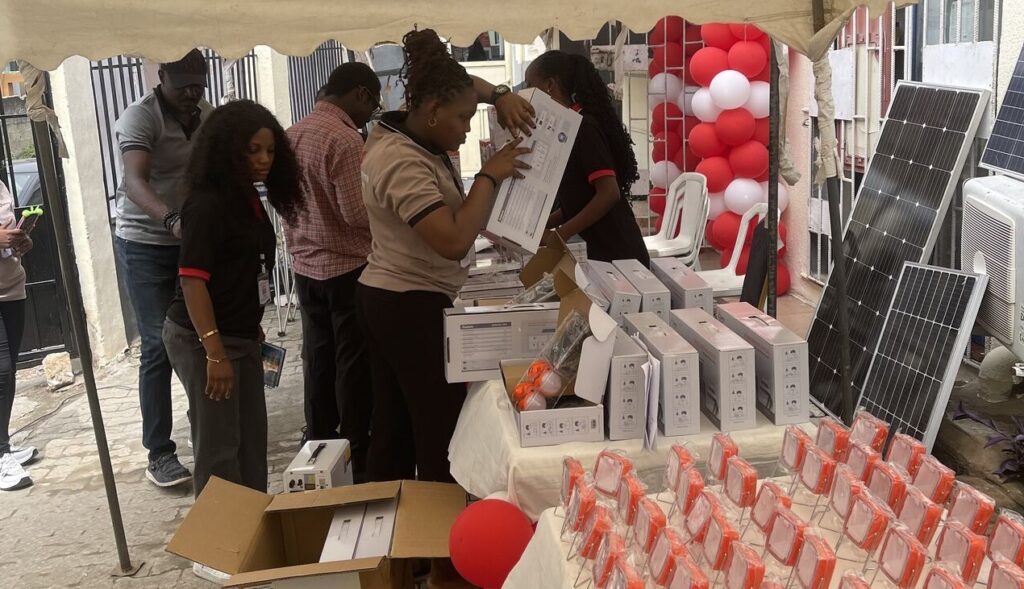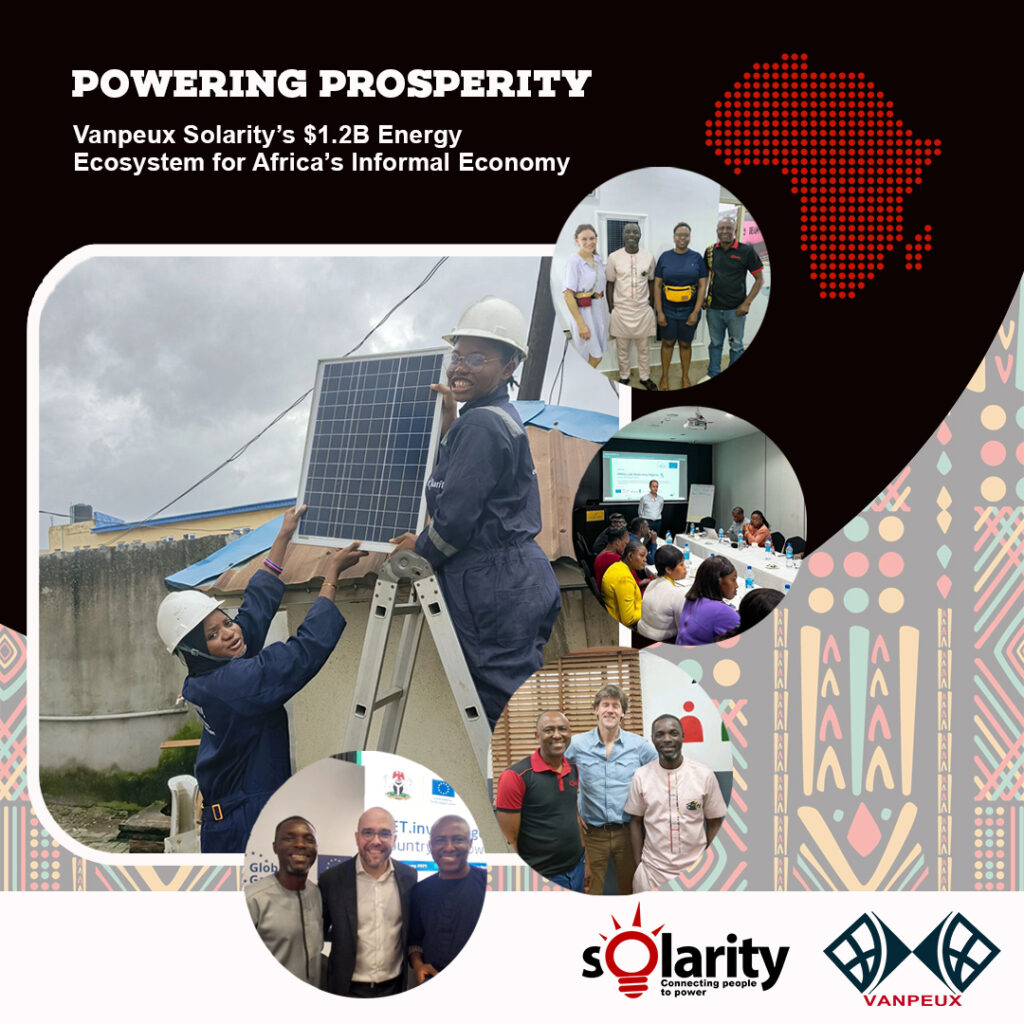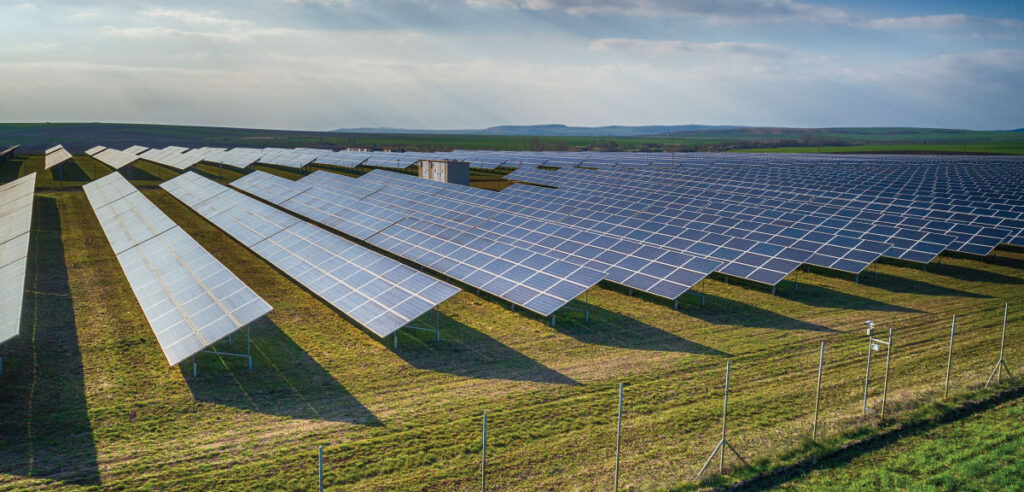Solarity: Powering a Greener Future on World Environment Day 2025
As the world marks World Environment Day 2025, we at Solarity are proud to be recognized by The Guardian newspaper as a key force driving Nigeria’s clean energy revolution.
Solarity: Powering a Greener Future on World Environment Day 2025 Read More »





